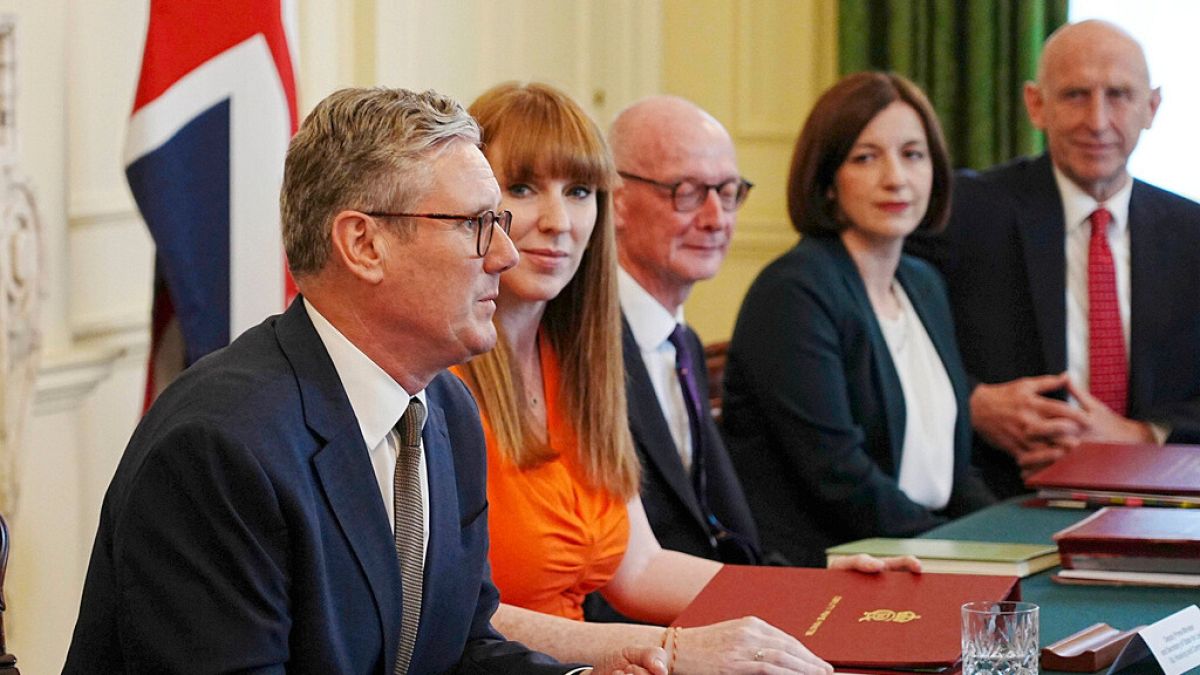The newly elected UK Prime Minister, Keir Starmer, has announced his cabinet, which is historic for having the most female and state school-educated ministers in the country’s history. Some of his key appointments include Angela Rayner as Deputy Prime Minister and Secretary for Housing. Rayner, born into poverty in Stockport, has risen from humble beginnings to become one of the UK’s most powerful women. She has a background in the trade union movement and is focused on pushing through workplace reforms and devolving power to regional mayors.
Rachel Reeves has made history as the UK’s first-ever woman Chancellor of the Exchequer. Reeves, responsible for overseeing the country’s economic policy, will face the challenge of balancing promises of renewal for public services with fiscal challenges. She is aligned with Starmer’s policies and aims to portray the Labour party as financially responsible. David Lammy, the new Foreign Secretary, is focused on creating a new security pact with the European Union and strengthening relationships with countries such as Ukraine. Lammy, known for his working-class background and legal expertise, emphasizes the need for reconnection on the international stage.
Wes Streeting, the Health and Social Care Secretary, is tasked with transforming the UK’s healthcare service, which has faced challenges related to underfunding and doctor’s pay disputes. Streeting, a former president of the National Union of Students, has been vocal about the need for reform within the National Health Service (NHS). He aims to reduce waiting times for appointments and improve healthcare services with limited resources. The cabinet appointments made by Starmer reflect a diverse group of individuals with a range of backgrounds and expertise.
These appointments signal a new direction for the UK government under Starmer’s leadership, with a focus on improving the lives of citizens across various sectors. As the country navigates economic uncertainties and international relationships, the cabinet members are poised to tackle key challenges and set policies that reflect the priorities of the Labour party. With a commitment to inclusivity and progressive change, the new cabinet is set to shape the UK government’s agenda in the coming years. Keir Starmer’s bold choices in appointing his cabinet demonstrate a vision for a more equitable and effective government that addresses the needs of the people.










